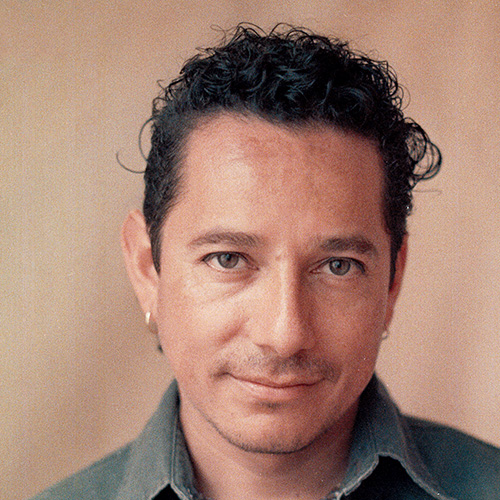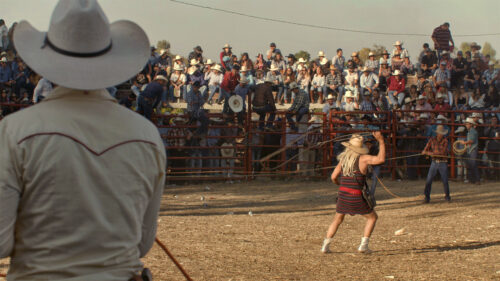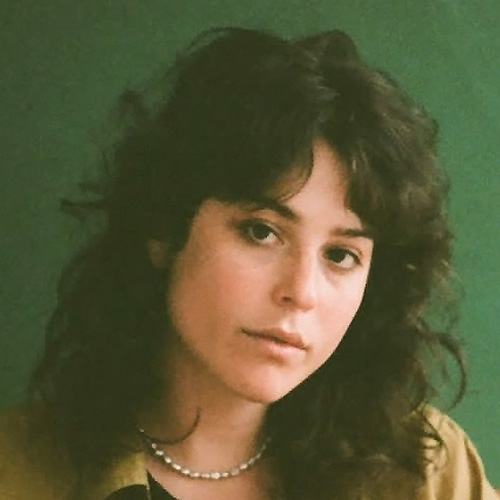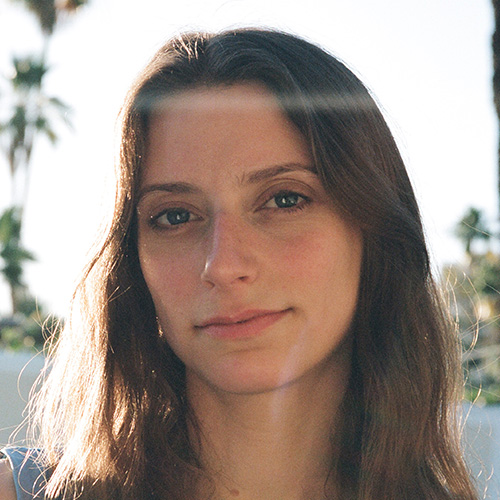
Efraín Mojica
Director/Producer
Efraín Mojica is a photographer, filmmaker, and performance artist from Michoacán. Their work has shown in galleries around the world including in Berlin, Barcelona, and Mexico City. Their filmmaking is heavily influenced by their work as a conceptual artist which explores the translation and interpolation of light, sound, and matter.


